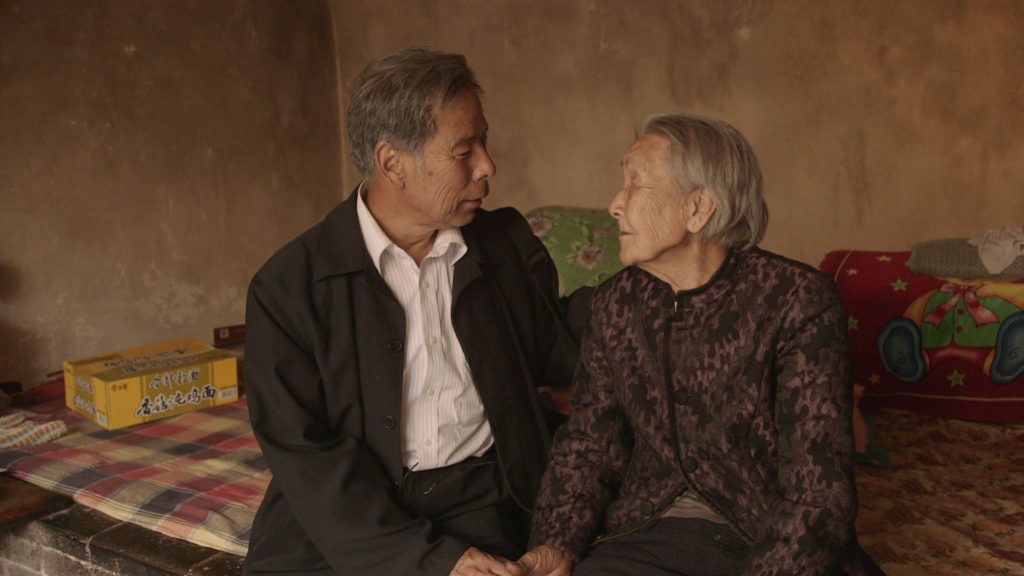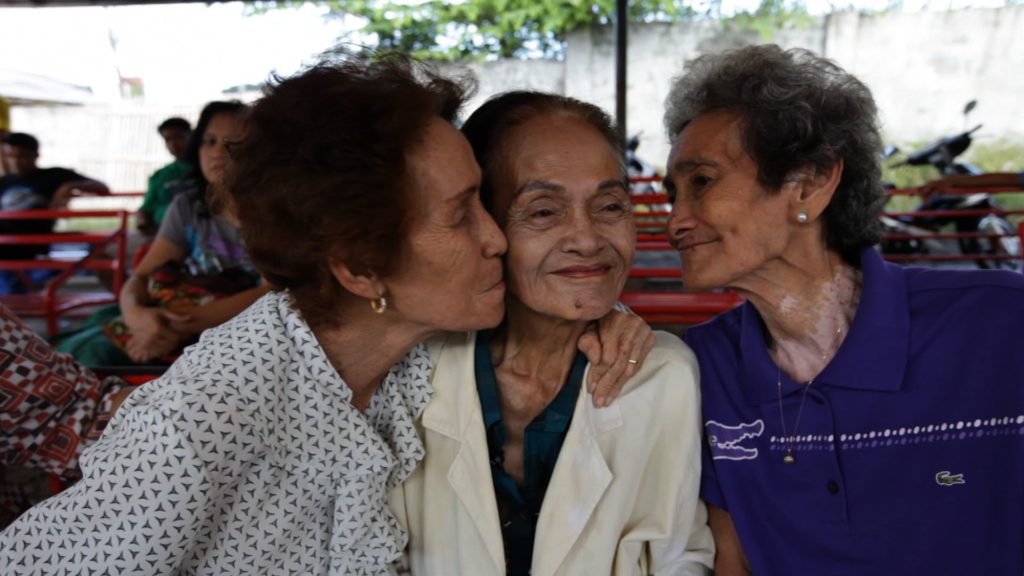It’s an unfortunate truth, but the story’s not uncommon: woman gets raped, woman reports rape, woman gets called names. For some, the paradox perpetuates unreported sexual assault, with many survivors taking the secret assaults to the grave.
The struggle still wages on for the “comfort women” — now in their eighties and beyond — demanding an apology from the Japanese government after a lifetime of silently suffering on their rapes and imprisonment by the hand of Imperial Japanese soldiers during the Second World War.
The Apology (Trailer) from NFB/marketing on Vimeo.
An aesthetically beautiful and emotionally devastating film told through the lens of Canadian documentarian Tiffany Hsiung, The Apology follows the stories of three former “comfort women” who were among the 200,000 girls and young women kidnapped and forced into military sexual slavery. Known as the “grandmothers”— Grandma Gil in South Korea, Grandma Cao in China, and Grandma Adela in the Philippines, face their twilight years in fading health.
The grandmothers are all members of former euphemistically-called “comfort woman” support groups that protest and petition for an official apology from the Japanese government—before it’s too late.
“I was shocked that I had never heard this before,” Hsiung recalls of her initial trip to Asia in 2009, learning of the WWII atrocities against the women for the first time.
With some help from the National Film Board of Canada, Hsiung was able to complete a full-length documentary on the matter.
“Not only that, but this was something that was still on going; this was something that they were still fighting for justice for.”

Between heart-rending moments with the three grandmothers, Hsiung’s film zeroes in on right-wing protestors who oppose the grandmothers’ apology demands. The elderly women are called whores, sluts, and “dirty Korean prostitutes” by incensed young men and women. Even Osaka’s mayor, Toru Hashimoto, proclaimed that sex slavery was necessary during the war.
“[The Apology is] for these grandmothers who’ve lived with this secret from their own family members for five to six decades; to understand that pain, to understand that resiliency, to understand the burden of holding that for all those years. It was really important for me to want to tell that story through their perspective,” Hsiung told Loose Lips.
While the women’s most vulnerable moments being met with unprecedented insensitivity seems unfathomable, it’s a fear they’ve lived with for more than half a century.
“For many of the grandmothers who still haven’t come out, it’s a level of self imprisonment that I find so tortuous for them to do to themselves, but it’s a choice they make because the other option is to be ridiculed by their community or for fear they’re going to be disowned by their own family members.”
Such was the case for one of the grandmothers who hadn’t even shared the scarring experience with her own husband before his death.

“All of these things still haunt these grandmothers even this long after the war. This is very much the story of undying work for them,” Hsiung offers.
“Time was always the enemy and we were in a race against time to tell the story because of their age. If we don’t hear their stories, it would be too late. As the next generation, we need to hold onto their legacy and hold on to their stories for them.”
As for justice? Some of these women might never know it, but with any help from Hsiung’s film, the apology should be coming any time now.
“It’s all a cycle and we need to break that cycle of ‘we need to keep silent,’ because that happens early on,” the Canadian documentarian says, noting that there was a certain amount of sensitivity required in talking to the survivors.
“It wasn’t about highlighting the details of their assaults as a priority, it was really about highlighting the aftermath of the war, and to highlight their resilience and their strength to overcome.”
The Apology screens at Vancity Theatre Saturday, Dec. 3 at 4:10 pm and on Sunday, Dec. 4 at 7:30 pm. Get tickets here.




